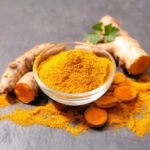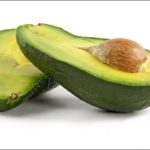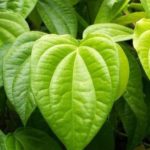4 Signs of HP Bacterial Infection in the Body
Stomach pain
The HP bacteria can damage the gastric mucosa and cause inflammation and ulceration. If the ulceration problem does not improve and continues for a long time, you will experience symptoms such as stomach pain.
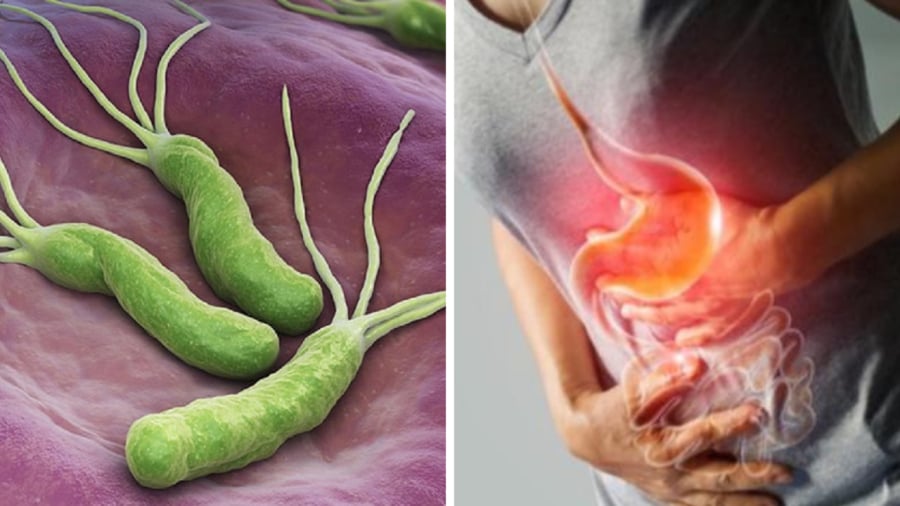
Bad breath
When eating “strong-smelling” foods like onions, garlic, durian, your breath will smell bad. However, this smell will go away when you rinse your mouth, brush your teeth.
When the body has HP bacteria, they will invade the stomach and stimulate the production of urease. This substance is metabolized and decomposed in the digestive system, releasing ammonia gas and causing bad breath.
Feeling hungry
The HP bacteria attacking the stomach can also cause hunger sensations. The cause is due to the disruption of digestion and absorption of food by the HP bacteria. If the HP bacterial infection is severe, you may feel hungry frequently.
Acid reflux, heartburn
Acid reflux and heartburn are very common in people infected with HP bacteria. The reason is that this type of bacteria thrives in high acid environments. The higher the acidity in the stomach, the stronger its contracting ability becomes. High acid levels combined with excessive stomach activity can cause problems such as acid reflux, heartburn, and sour belching.
5 Foods That HP Bacteria Fear the Most
Garlic
Garlic is a food that contains allicin, which has antibacterial and inhibitory effects on the development of HP bacteria. Garlic is considered a natural antibiotic. Eating garlic can help reduce pain, prevent gastric hemorrhage, and enhance digestion.
When eating garlic, you should use raw garlic in the form of pounding or mincing. Raw garlic contains only the precursor of allicin. When pounded or crushed, the alinase enzyme acts to create allicin with antibiotic and antioxidant activity.
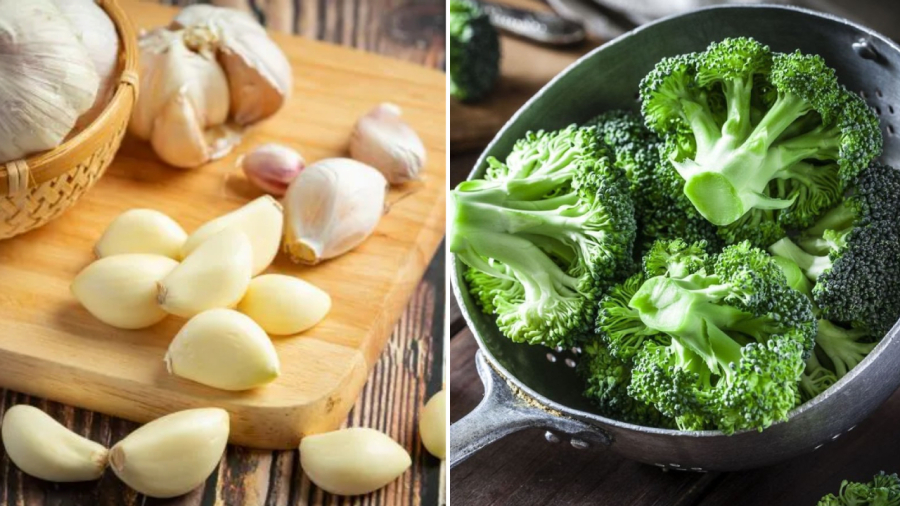
Kale
Kale contains a lot of sulforaphane. This compound inhibits harmful stomach activity caused by HP bacteria. In addition, B vitamins and calcium in kale are also necessary for the treatment of HP bacteria. The isothiogenates in this vegetable have the ability to enhance stomach immunity and inhibit the activity of HP bacteria.
In addition to kale, foods such as cabbage, bell peppers, leafy greens, carrots, strawberries, blueberries… also have good antioxidant effects, enhance immunity, and inhibit bacteria.
Green tea
Green tea contains many antioxidants and catechins, which protect the stomach. Drinking green tea in moderate amounts can help reduce inflammation and prevent digestive disorders.
Yogurt
Yogurt is a food that brings many benefits to the digestive system. It provides beneficial bacteria that suppress the growth of HP bacteria, support gastric disease treatment.
Turmeric
Turmeric has anti-inflammatory, anti-mutagenic, strong antioxidant, antibacterial effects, protecting the stomach from the attack of certain bacteria, including HP.
Skin Care Tips for the Post-Lunar New Year: Regain Your Glow and Feel Refreshed!
Are you feeling the aftermath of the hustle and bustle of Tet festivities on your skin? With cold temperatures, time spent outdoors, and all the excitement, it may not be looking its best. Don’t fret – follow the tips laid out in this article to restore your skin to its smooth, bright, and flawless look!
























